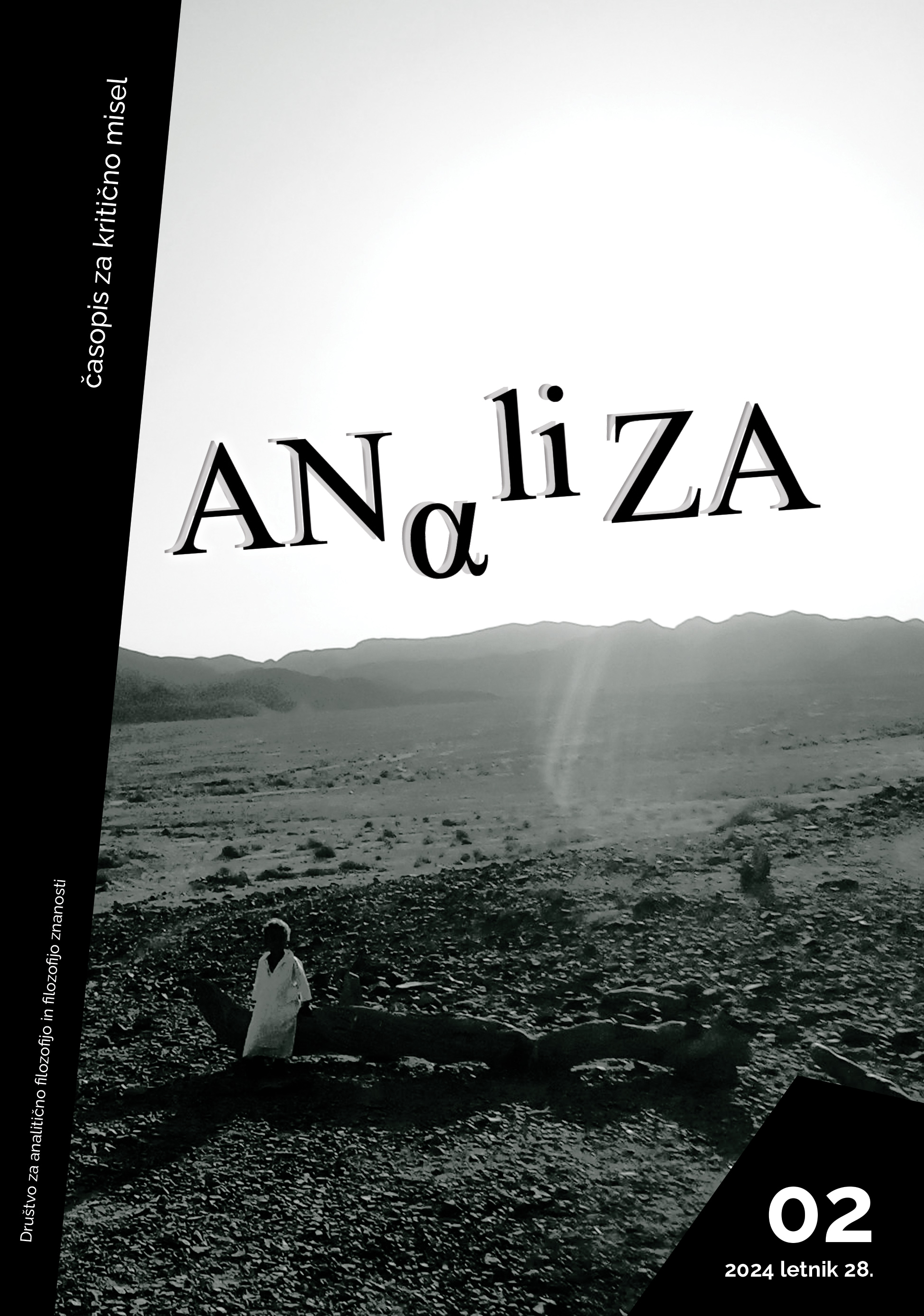Dokazi višjega reda v znanosti
Nekaj problematičnih posledic odločnosti in razdruževanja ravni
Ključne besede:
dokazila višjega reda, skromna epistemologija, dokazila, racionalnost, znanostPovzetek
Kljub prizadevanju po nasprotnem pogosto ravnamo iracionalno. V zadnjem času so nekateri epistemologi predlagali, da priznamo svoje napake in poskušali razviti skromno epistemologijo, ki bo v zakup vzela dejstva o naši iracionalnosti. Pomemben del takšne epistemologije predstavlja tudi opis vloge dokazil o naši iracionalnosti, t. i. dokazil višjega reda. Intuitivno se zdi, da bi morali pri tvorjenju prepričanj takšna dokazila upoštevati. Vendar pa se izkaže, da vključevanje dokazil višjega reda v teorijo racionalnosti ni lahka naloga. V tem prispevku najprej pregledam razpravo o dokazilih višjega reda, podrobno opišem problem dokazil višjega reda in predstavim glavne odgovore nanj. Nato predstavim dva nova primera dokazil višjega reda, vzeta iz znanosti. Trdim, da ta primera pod vprašaj postavljata stališča, ki zavračajo vlogo dokazov višjega reda. Ta stališča implicirajo, da so nekatere vsakdanje znanstvene prakse, kot sta vrednotenje dokazil v sistematičnih preglednih člankih ali celo izvajanje testov statistične značilnosti, iracionalne.
Prenosi
